Arturo Fernandez
A novel method for error analysis in radiation thermometry with application to industrial furnaces
Jan 10, 2022
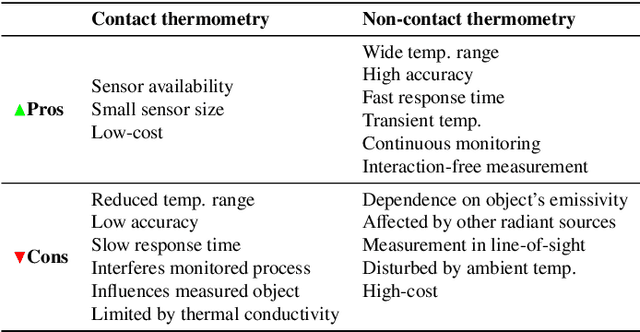
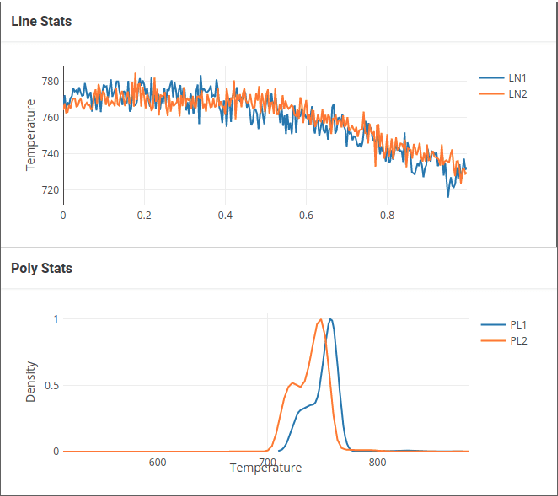
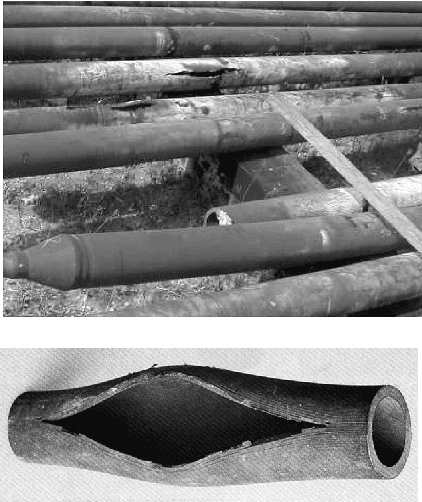
Abstract:Accurate temperature measurements are essential for the proper monitoring and control of industrial furnaces. However, measurement uncertainty is a risk for such a critical parameter. Certain instrumental and environmental errors must be considered when using spectral-band radiation thermometry techniques, such as the uncertainty in the emissivity of the target surface, reflected radiation from surrounding objects, or atmospheric absorption and emission, to name a few. Undesired contributions to measured radiation can be isolated using measurement models, also known as error-correction models. This paper presents a methodology for budgeting significant sources of error and uncertainty during temperature measurements in a petrochemical furnace scenario. A continuous monitoring system is also presented, aided by a deep-learning-based measurement correction model, to allow domain experts to analyze the furnace's operation in real-time. To validate the proposed system's functionality, a real-world application case in a petrochemical plant is presented. The proposed solution demonstrates the viability of precise industrial furnace monitoring, thereby increasing operational security and improving the efficiency of such energy-intensive systems.
Robust sketching for multiple square-root LASSO problems
Oct 30, 2014
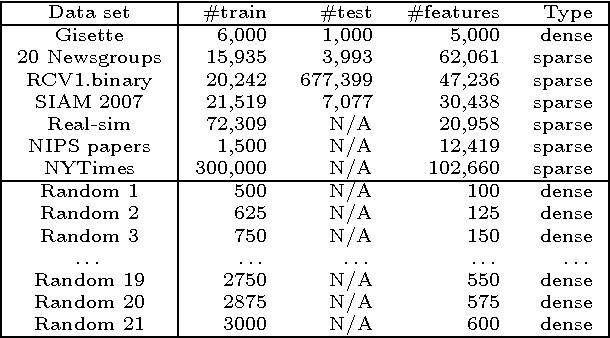
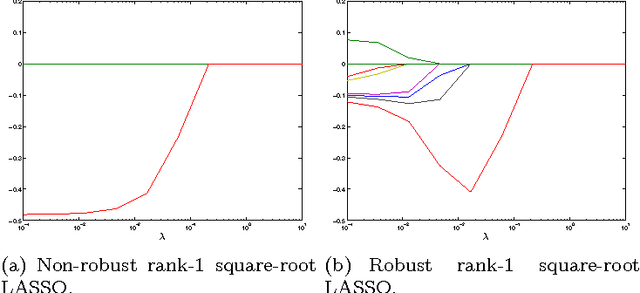

Abstract:Many learning tasks, such as cross-validation, parameter search, or leave-one-out analysis, involve multiple instances of similar problems, each instance sharing a large part of learning data with the others. We introduce a robust framework for solving multiple square-root LASSO problems, based on a sketch of the learning data that uses low-rank approximations. Our approach allows a dramatic reduction in computational effort, in effect reducing the number of observations from $m$ (the number of observations to start with) to $k$ (the number of singular values retained in the low-rank model), while not sacrificing---sometimes even improving---the statistical performance. Theoretical analysis, as well as numerical experiments on both synthetic and real data, illustrate the efficiency of the method in large scale applications.
 Add to Chrome
Add to Chrome Add to Firefox
Add to Firefox Add to Edge
Add to Edge